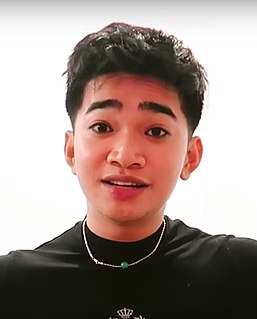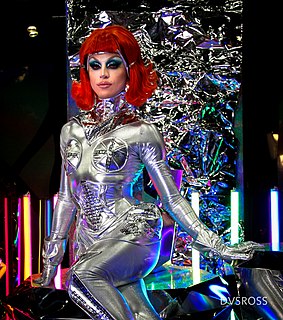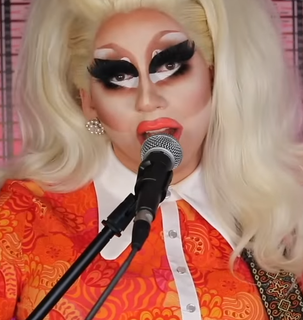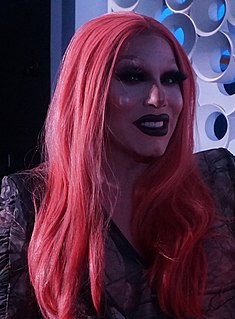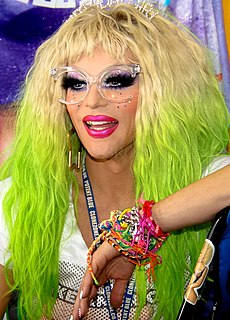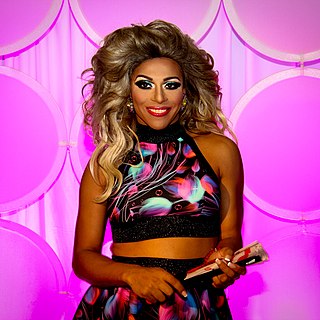A Quote by Sasha Velour
I'd like to see drag really cultivate its political roots.
Related Quotes
Consider a tree for a moment. As beautiful as trees are to look at, we don't see what goes on underground - as they grow roots. Trees must develop deep roots in order to grow strong and produce their beauty. But we don't see the roots. We just see and enjoy the beauty. In much the same way, what goes on inside of us is like the roots of a tree.
Drag really isn't just about exaggerating and celebrating femininity. Some drag queens want to look like monsters, some drag queens want to look like hot dogs. Really what it is is just dipping your toes in all the swimming pools of identity and allowing yourself. Because society really tries to compartmentalize humans in a certain way.
I really would like to stop working forever–never work again, never do anything like the kind of work I’m doing now–and do nothing but write poetry and have leisure to spend the day outdoors and go to museums and see friends. And I’d like to keep living with someone — maybe even a man — and explore relationships that way. And cultivate my perceptions, cultivate the visionary thing in me. Just a literary and quiet city-hermit existence.

